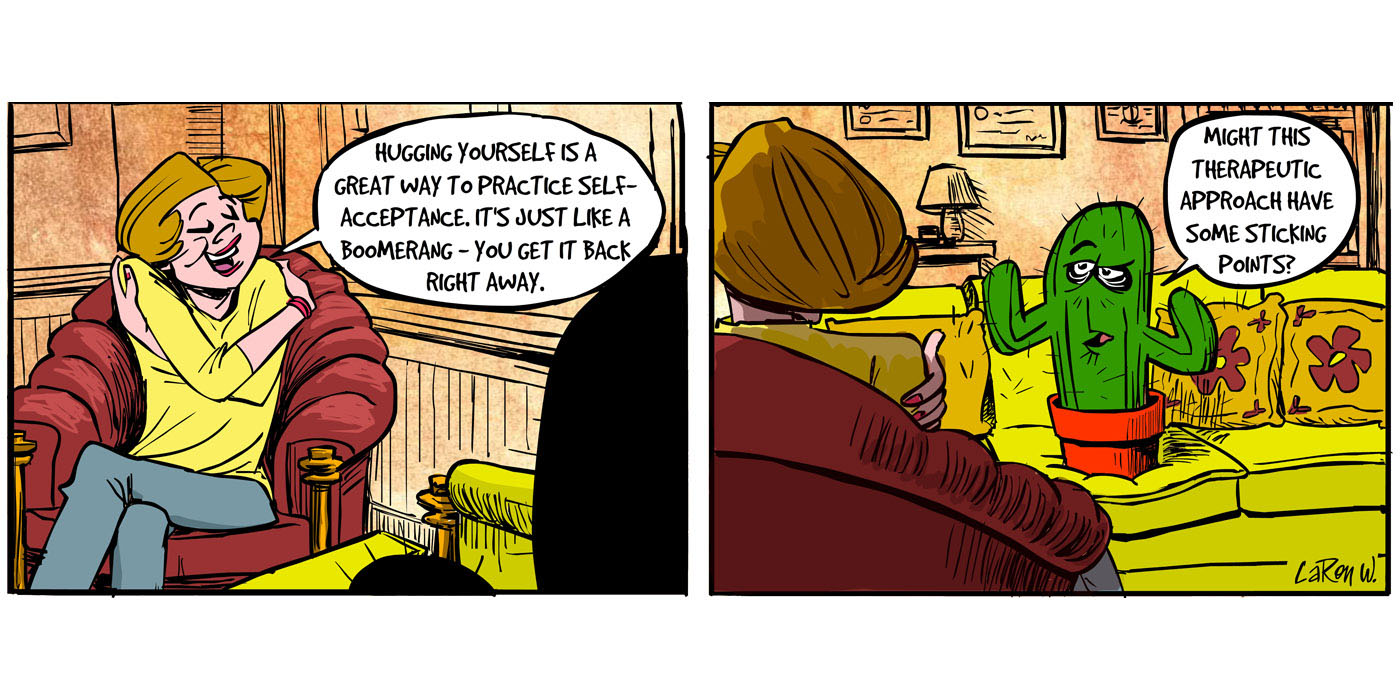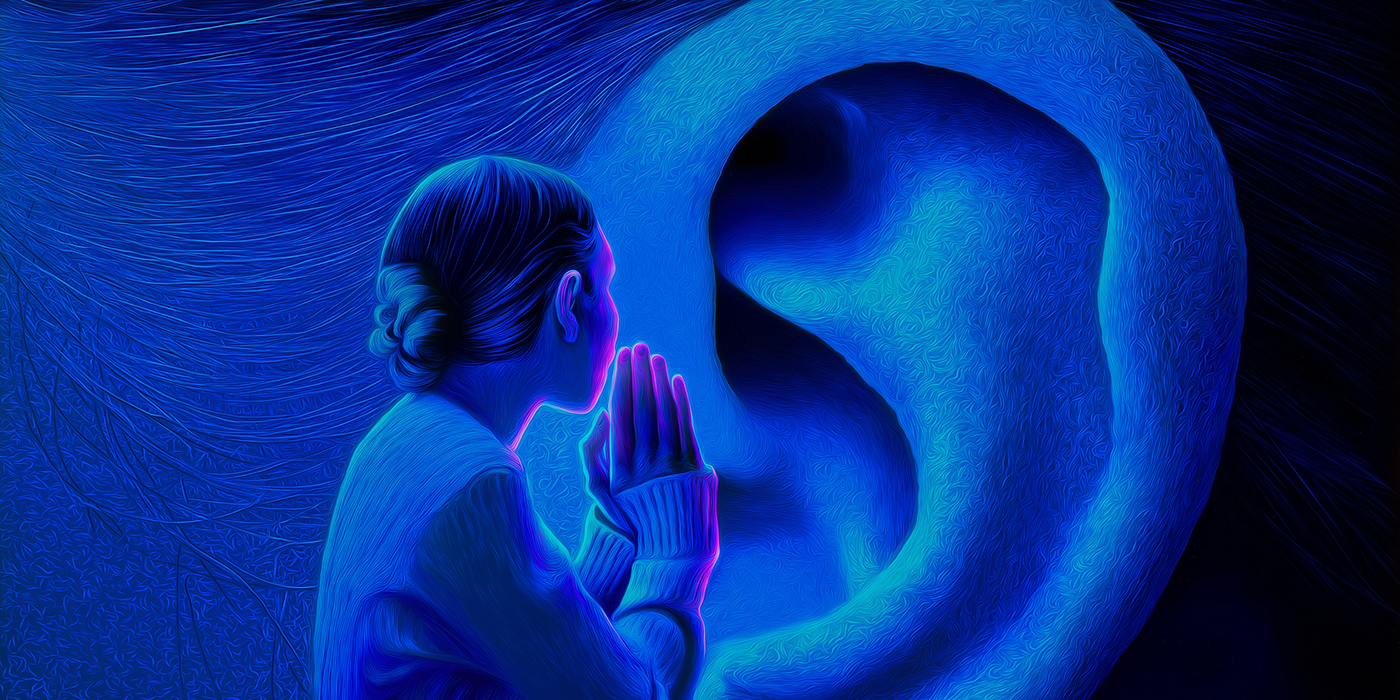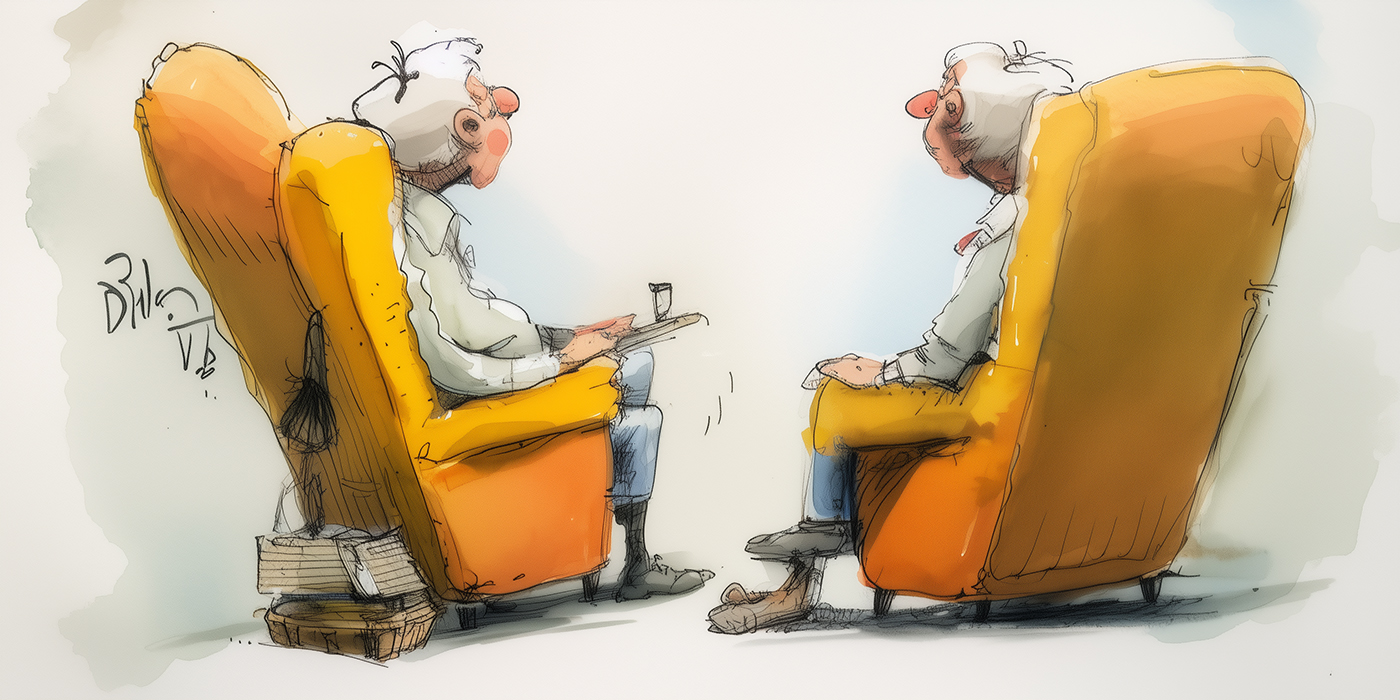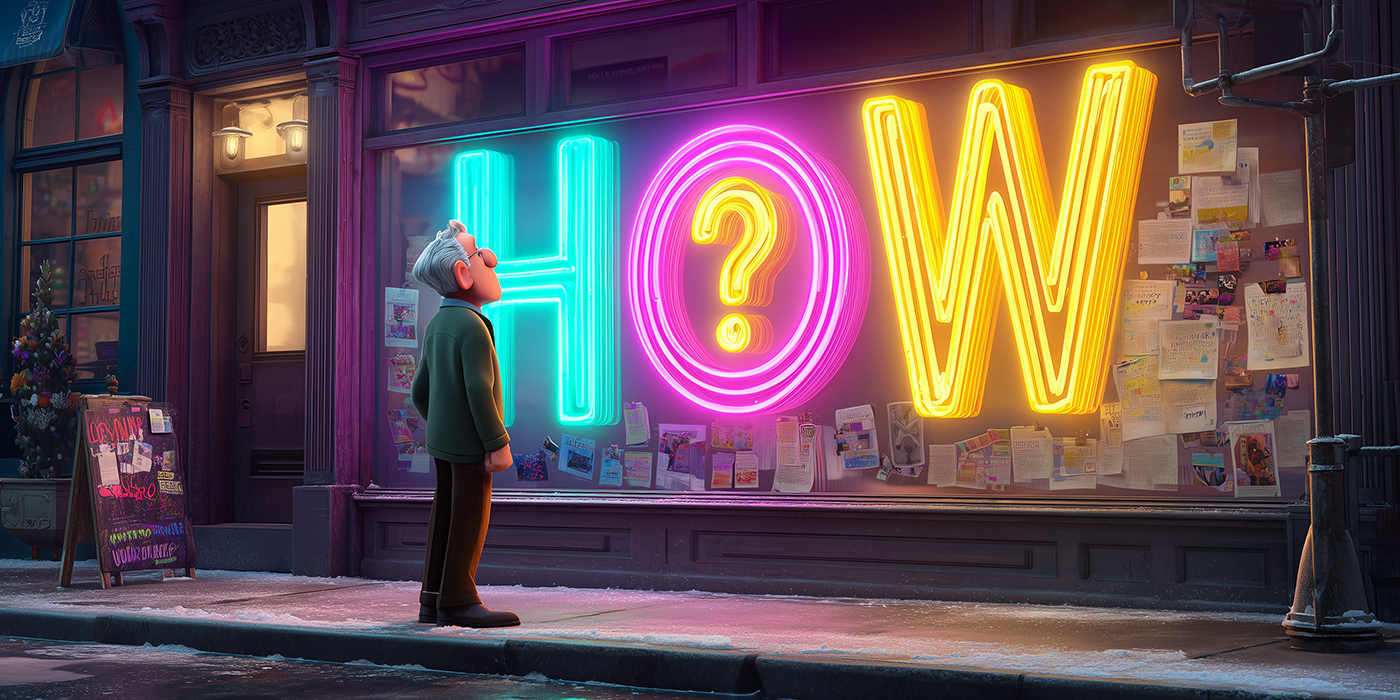
The first good feeling that I can recall in life was when I was five years old and my father had given me a bottle of Rolling Rock beer. I felt the effect of the alcohol as I sat drinking in a corner. Looking across the room at my father, I was just full of love for him. It was a wonderful feeling.
The next good feeling I remember was around the same time and involved a girl named Nancy who was also about five years old. It was a warm summer day, and I picked little Nancy up in my arms, carried her over to my mother and said, “Nancy and I are gonna get married.” I remember the happiness and joy I felt inside. I would not have that feeling again for sixteen years.
When I was eight, my 14-year-old sister had taken me and my brother (10) to the river where she was going to teach us how to swim. My brother drowned there that day, and I was narrowly rescued. I was pulled out by my hair, but I thought my brother got the better deal—he got to die and go be with God while I had to go home to my family. My dad let his drinking take off, and it got steadily worse from that point on.
What made it even worse for me was that my family wouldn’t talk about it and acted as if I never even had a brother. But I was there! I knew what happened, and I knew I had an older brother.
Then when I complained of stomach pain, which is all an eight-year-old could do with those impossible feelings, they drugged me. They gave me this stuff called paregoric, which was used for children’s diarrhea and stomach complaints. Paregoric is an opiate. I have no recollection of the four months after my brother’s drowning until the day JFK was assassinated. That’s when I regained consciousness as if from a long blackout. I looked around the classroom to see everyone crying. I couldn’t understand why until I learned that the president had been killed. All that registered was that I felt nothing.
My memory from that point is still vague, but I do remember that I was drinking regularly by fifteen. Fast forward to 25, and I’ve got liver damage. I didn’t normally drink to black out, but I remember hearing my name, “Kirk!” But that wasn’t my name. I went to my bedroom to find a girl sitting on my bed without clothes and a bottle of beer in her hand. I said, “You need to get dressed. And you need to leave!” She just said, “Well, can I keep the beer?”
It struck me, I‘m 25. This is against the law. I have a problem!
I got sober in AA on February 24, 1980. My sponsor sat me down and told me to look at the seven deadly sins as part of my Fourth Step. I looked over the list: anger, greed, gluttony, sloth, pride, envy . . . but when I got to lust, I thought, that’s not a sin! I NEED that to get out of bed in the morning — I need that to to get to sleep at night!
Seventeen years after that, I was still sober in AA. I had been sponsoring people, visiting alcoholics in prison, active in the Fellowship, but I lusted like crazy for my sister-in-law.
One day she and her husband stopped by all dressed up for a wedding they were headed to. I was then very much into photography and a whole plan unfolded in my mind: I‘ll ask my sister-in-law if I can photograph her in her nice outfit . . . but not with her husband . . . I just want pictures of her. But as I stood up to make the proposal, something said, Buddy! What’s wrong here? And I realized, there‘s a whole lot wrong here! I sat right back down. My wife, her sister, and my brother-in-law all looked at me wondering what was going on. I just wanted to disappear. I tried to sink into the sofa realizing right there, I have a lust problem, and it’s about to wreck my life. I’m sure I was white as a sheet.
I was already heavily into pornographic magazines. I had girlfriends and a lot of other stuff that I thought “wasn’t good for my marriage.” Someone had told me about Sexaholics Anonymous and what they called the “white book.” They told me there was a meeting nearby, and when I first sat in that meeting, I felt like I was home. When they said, “we felt inadequate, unworthy, alone, and afraid,” that was ME!
There was a fellow there with 10 months of sobriety. I said to him, “You’re gonna be my sponsor.” He just looked at me, so I continued, “Your 10 months of sobriety is a free gift from God to you, so if you don’t agree to sponsor me, God’s gonna take that gift right away from you.”
See, at this point, I was a real wise guy. But I still wasn’t very wise.
I knew these twelve steps inside and out from AA. He was only 10 months sober in SA, had never been to AA, and probably thought he had no choice about being my sponsor. So we got busy working the steps, and I began to see character defects in me that had never materialized in AA.
When I would have intimate relations with my wife, I would fantasize about this woman or that woman or somebody I saw in a magazine or someone I saw in the mall. My wife suspected I was having an affair—she absolutely knew I wasn’t spiritually and emotionally present with her. I was often in fantasy-land during sex even though my dear wife was physically right there with me.
My sponsor suggested a period of abstinence, so I started in on 90 days. That’s when my addiction to lust really became evident. I felt a lot of disturbing stuff about myself. But I also got to work on all of it. I did a real thorough working of Step Four on lust. I also began to develop my spirituality by working the SA program. I applied in SA what I had learned in AA, so I got involved and started taking on service positions. My sponsor and I together started a weekly SA meeting at the local prison. We would grab guys from our local meeting who had only 90 days of sobriety, and we dragged them into the prison with us saying, “You gotta speak!”
Still, I was a real wise guy. But we were having fun!
Somewhere around this time, I thought, I‘m having a lot of fun, but it all seems to be just in my head. I‘m not feeling joy in my body—in my spirit. I thought if I just worked the steps harder and took on more service commitments, then I’d get this! All the while, others in SA and AA were talking about feeling “happy, joyous, and free” while I thought, what‘s wrong with me?!
As I started to examine my beliefs, I thought that what was wrong with me was that I was simply broken, that there was something wrong with me from birth. If I was born an alcoholic, then I was born a sexaholic. But there was something even deeper inside, an idea that I was just broken.
I remembered hearing other SAs say they “felt inadequate, unworthy, alone, and afraid,” and I remembered Bill W mentioning doctors and psychologists. So I talked about stuff with a therapist, but I never seemed to get to the root of the problem even though he was also sober in AA. He said I sounded depressed and wanted to put me on medication. I talked about that with my Higher Power for quite a while.
As a Philadelphia firefighter, 9/11 (the 2001 attack on the New York World Trade Center among other targets) took me into a downward-spiraling blackness. After another doctor prescribed an antidepressant, my head started to feel clearer, but I still felt depressed. I decided to do what I knew, so I just redoubled my efforts. Each day when I got out of bed, I felt like I was wearing a lead suit. I worked as hard as I could with new guys in the program and kept going to meetings, but the heaviness just wasn‘t lifting.
I went to Spain in 2019 for an SA convention in Madrid, but I isolated myself. I was among 300 recovering brothers and sisters, and I felt alone. I couldn’t bring myself to ask another member to see the city with me. My sense of unworthiness was still deep even though I had over 20 years of sobriety in SA.
I had been reading about this thing called “PTSD.” I didn’t understand it much, but I knew there was something I wasn’t addressing. Later on I would learn that I was trying to make a “spiritual bypass.” It says right in the SA Solution that we have to get sober in three areas: spiritual, emotional, and physical (see SA, 61). I was bypassing both the emotional and the physical. What I came to learn is that I was neither broken nor was there something wrong with me. I was instead, simply injured. I found a therapist who helped me see how I had experienced lots of pain and confusion and self-blame in my childhood (she called it “trauma”), and I still carried it with me in my body (these were both the physical and emotional parts of the Solution I had been bypassing). I had never grieved the loss of my brother. I had decided as a child that I would never let myself love anyone because if I love you, you will die on me. You’ll either die or abandon me in some other way. I realized at this point that I was not close to anybody. I wasn’t even too sure I was close to my wife!
So I really started to work on this psychological aspect of the Solution. But the more I peeled the onion, the worse it got. I started to experience physical symptoms like hot flashes, low appetite and weight loss, and even paranoia. There were days I was even afraid to leave the house.
But how does this all tie into our Twelve Steps? Without the Twelve Steps of SA and AA, I would have been back out there boozing, lusting, and acting out. And I would have been dead. The program helped me see that I don‘t want to go back to that kind of life. I want to get through this—sober!
This is where asking for outside help comes in. I followed what Bill W said:
God has abundantly supplied this world with fine doctors, psychologists, and practitioners of various kinds. Do not hesitate to take your health problems to such persons. Most of them give freely of themselves that their fellows may enjoy sound minds and bodies. Try to remember that though God has wrought miracles among us, we should never belittle a good doctor or psychiatrist. Their services are often indispensable in treating a newcomer and in following his case afterward. (AA, 133)
I thought I must not be working the steps correctly. If I were, I wouldn’t have this depression. I began working with a different therapist who used the term, “spiritual bypass” — I had tried using the Twelve Steps and so much service work to jump right over all the grief from my childhood. The main thought in my head was still suicide. This therapist helped me get in touch with the emotional and physical process of healing. I slowly built a trusting relationship with him or, as the 12&12 calls it, a “true partnership” (p 53). It’s only been in the past couple of months that I’ve been able to start feeling “happy, joyous, and free” (AA, 133). I was at a meeting last night and something in the reading brought to mind an experience my son had in kindergarten, and I sang, “I‘m a little teapot, short and stout. This is my handle, this is my spout.” I couldn’t believe I had just sung a nursery rhyme in an SA meeting! But it was evidence to me that I‘m finally starting to get that happy-joyous-and-free thing as I start looking at all three sides of my illness and my “injury”: the spiritual, the emotional, and the physical.
It‘s been a hard journey for me, but I absolutely refuse to give up on myself. I recognize today that I’m not broken, I do matter, and I am worthy because I was and am a child of God! The biological parents were an instrument of my existence, but I was created by God, and I am not giving up on me!
Do not hesitate to take your physical and emotional health problems to “doctors, psychologists, and practitioners of various kinds.” Bill knew what he was talking about, and he was doing it himself. If it was good enough for him, it’s good enough for me.
(Adapted from a speaker meeting, October 4, 2023)
Buddy, Philadelphia, USA
Discussion Topic
Which actions are you taking in order for the healing “to come about in all three,” as the White Book says?
The author of this gut-honest article describes his long and hard journey from initial sobriety to the painful awareness of the deeper layers of the disease, and the work on his psychological and spiritual healing.
What do you do to work on the physical, emotional, and spiritual level of your recovery? Or are you satisfied with mere sobriety without deeper recovery?
Have you tackled the grief of your childhood? Have you worked on your traumas?
Do you really feel whole today—whole in body, feelings, and spirit? Or are you still living mainly in your head?
Are you really experiencing being happy, joyous, and free?
Are you open to accepting outside help to assist you in your healing, as the AA Big Book offers?
You may use this topic in a discussion meeting, or send a story of your own recovery journey to essay@sa.org






